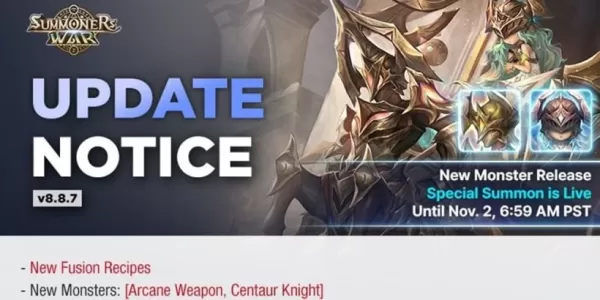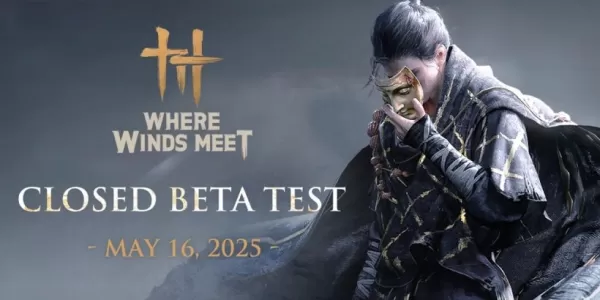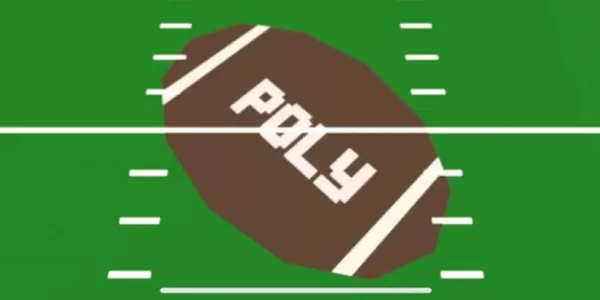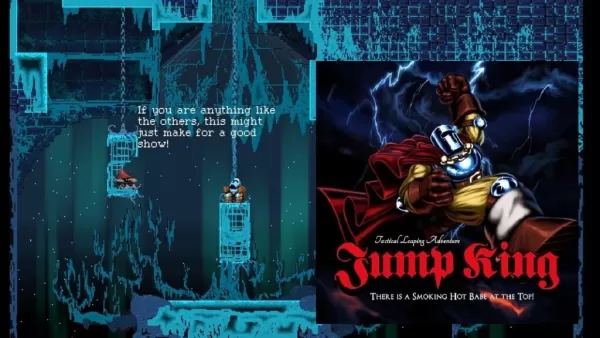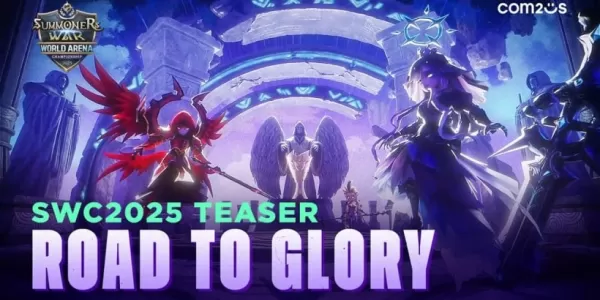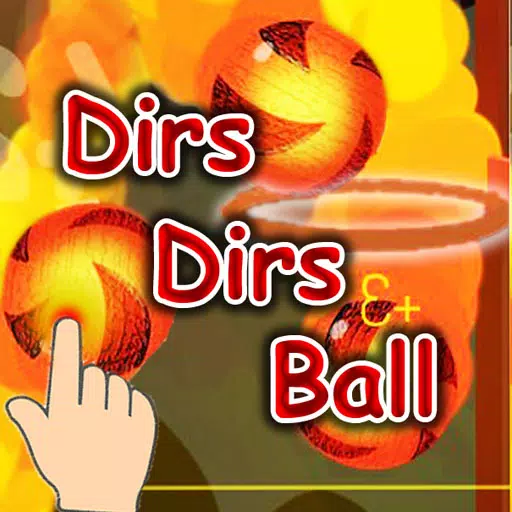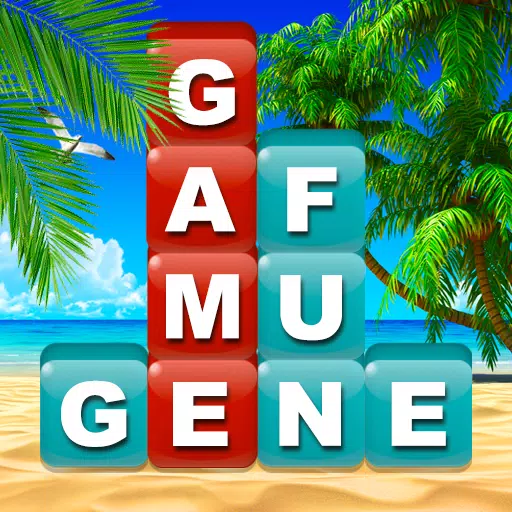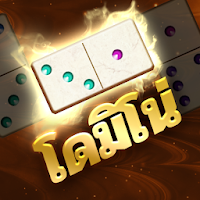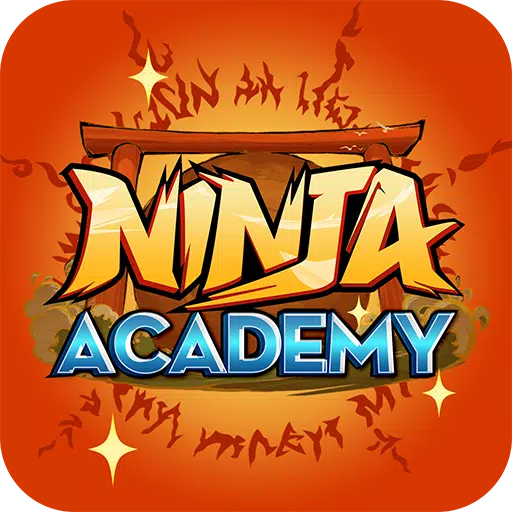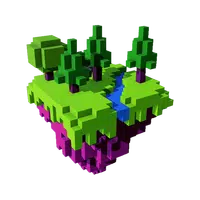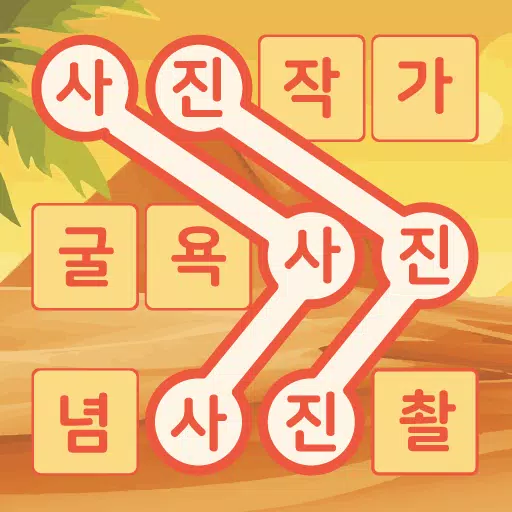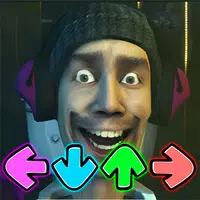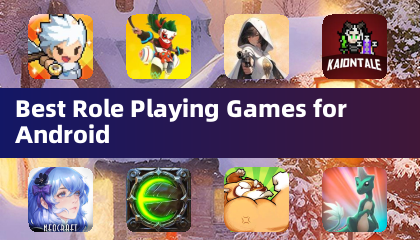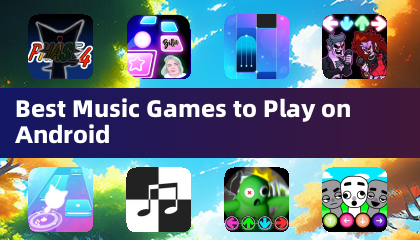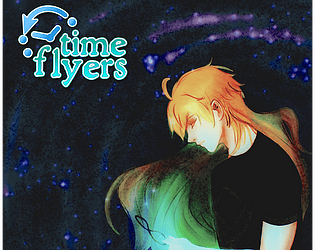Between layoffs, studio closures, and funding drying up, it's clear that the games industry has been facing significant challenges. Enrique Fuentes, CEO and co-founder of Teravision Games, felt these pressures firsthand after launching Killer Klowns From Outer Space, an asymmetrical horror game inspired by the 80s movie. Despite positive reviews (IGN rated it a 7, praising its entertainment value) and high viewership of its trailers, the team struggled post-launch, mirroring the industry's broader difficulties.
Fuentes acknowledges the tough year: "As you know, 2024 was a pretty tough year for the whole industry. So it was a little bit slow for us to close our next project." Despite collaborations with major companies like Disney, Nickelodeon, and Xbox, Teravision faced hurdles in securing a new project. With time running out, the studio, comprised of developers with two decades of industry experience, turned to an innovative approach: creating games within Fortnite. In less than a year, Teravision released three Unreal Engine for Fortnite (UEFN) games, with their fourth game, Courtyard King, launching today. This game utilizes the official The Walking Dead content pack in UEFN.
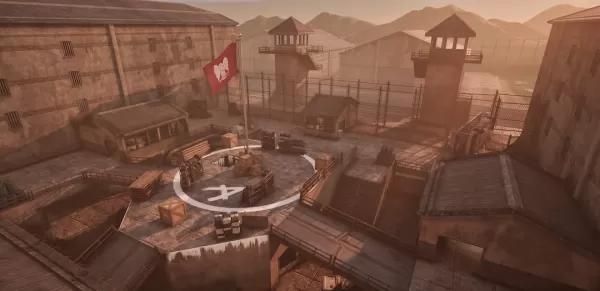
Developed in partnership with Skybound, the company co-founded by The Walking Dead creator Robert Kirkman, Courtyard King is a King of the Hill-style multiplayer PvPvE game set in the iconic prison location from the series. Players compete against each other and NPC zombies for control of territory. All The Walking Dead-related content in Courtyard King uses official UEFN assets, including character models of Rick Grimes, Negan, and Daryl Dixon. Teravision also collaborated with Skybound's writers to develop the game's story and dialogue.
Fuentes highlights the shift in project timelines: "Instead of a multi-year project like Killer Klowns From Outer Space, these are projects that we could put together in weeks or months." He notes the unexpected pivot to UEFN: "We have worked with big brands in the past… and UEFN was something that we were experimenting with… but we never imagined that was going to be the route where we’re going to be engaging with a company like Skybound. But I mean, UGC, it’s one of the biggest things in gaming right now."
User-generated content (UGC) is a major trend in gaming, driven by platforms like Fortnite. While Roblox has popularized this approach, UGC typically refers to content created by players. However, UGC developed by professional studios is a newer concept, and Fortnite's Unreal Engine 5-based tools are ideal for experienced developers like Teravision.
Fuentes explains the appeal: "It made sense because we come from an engineering background and it was a platform where we could experiment in and assume some of the risk. Because instead of a multi-year project like Killer Klowns From Outer Space, these are projects that we could put together in weeks or months."
Teravision's experiments led to the launch of Havoc Hotel, a roguelike shooter where players fight through hotel levels, earning currency to buy stronger weapons. The first Havoc Hotel was a modest success, allowing the series to continue. Havoc Hotel 3 has become one of Fortnite's most popular games.
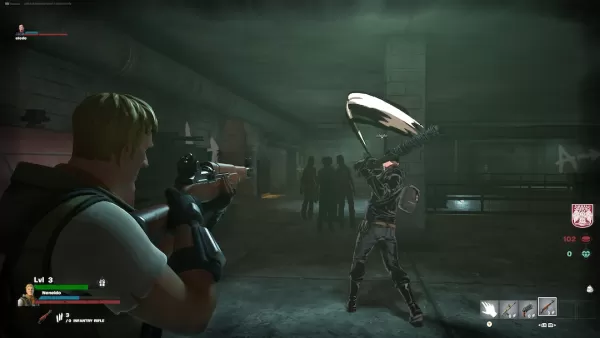
Martin Rodriguez, Teravision's game designer, notes the ease of transitioning from Unreal Engine to UEFN: "Given the studio previously made Killer Klowns in Unreal Engine, the jump to UEFN — a modified version of Unreal Engine 5 — was not only convenient, but gave the experienced devs a leg up when creating their games in UEFN. The systems are streamlined, and processes are a bit more 'drag and drop.' For us, it just removes some of the work that we would’ve done otherwise and allows us to focus on just making better games and explore different new creative ideas."
While the engineering team adapted easily to UEFN's tools, the game design team faced unique challenges. Games like Havoc Hotel started as experiments but evolved into full-fledged experiences. LD Zambrano, Teravision's creative director, notes the differences between traditional and UEFN games: "A traditional experience we have had designing other [non-UEFN] games is where players relate through objectives that entice cooperation and competition, right? In [UEFN's] case, we have found that even though those objectives are still relevant and we still can use that game design sensibility and bring them there, I found that there are a lot of experiences that are very popular within the Fortnite ecosystem that are kind of just context. They’re weird situations and interactions that don’t necessarily translate into a very clear competition, but they still work."
Zambrano likens UEFN games to playground interactions: "I have found that there is this way of approaching each other that brings me back to recess, which is you meet somebody and make up some sort of game that might not make sense, but still you’re engaging and creating friendships. That’s what I mean about some of these games becoming a 'context.'"
One distinctive feature of Courtyard King is its infinite gameplay, with no final winner at the end of a round. Matches continue indefinitely, allowing players to join or leave and switch teams. This dynamic can lead to in-game betrayals, reflecting the spirit of The Walking Dead.
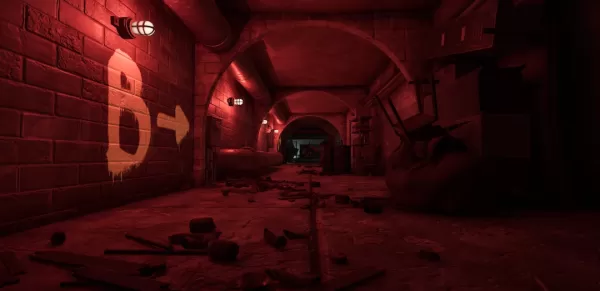
Fuentes sees a promising future for game developers in this model: "Players can drop in and drop out whenever they want. They can even change teams whenever they like, which generates situations for betrayals. Maybe you enter a party with your friend, but then in the middle of the match you don’t tell him and change teams. Which is very Walking Dead-like."
He emphasizes the viability of this approach: "We can actually assume the risk as an indie developer in [UEFN]. Because last year, we couldn’t even think about starting a three-year project. We could do something in a few weeks with a smaller team and that completely changes the paradigm for a new developer. This is now a viable model where you can actually support an 80-person studio like we do, and we can assume the risk. It’s something that if you have the right ideas, the right creativity around it, if you understand the market well enough and you have the right thinking, execution becomes possible and it doesn’t take years, it actually takes weeks, maybe months. I think this is a dream come true for indie developers."

